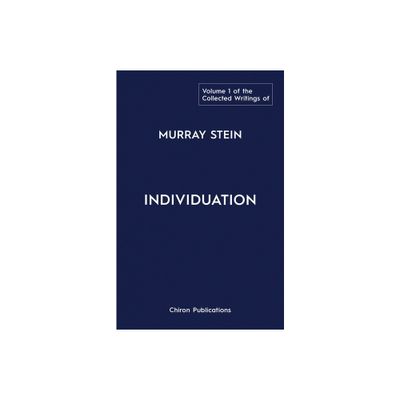Home
Freedom, Racism, and Reconstruction: Collected Writings of LaWanda Cox
Loading Inventory...
Barnes and Noble
Freedom, Racism, and Reconstruction: Collected Writings of LaWanda Cox
Current price: $34.95


Barnes and Noble
Freedom, Racism, and Reconstruction: Collected Writings of LaWanda Cox
Current price: $34.95
Loading Inventory...
Size: OS
*Product Information may vary - to confirm product availability, pricing, and additional information please contact Barnes and Noble
LaWanda Cox is widely regarded as one of the most influential historians of Reconstruction and nineteenth-century race relations. Imaginative in conception, forcefully argued, and elegantly written, her work helped reshape historians' understanding of the age of emancipation.
Freedom, Racism, and Reconstruction
brings together Cox's most important writings spanning more than forty years, including previously published essays, excerpts from her books, and an unpublished essay.
Now retired from Hunter College and the Graduate Center of the City University of New York, Cox gave Donald G. Nieman her full cooperation on this project. The result is a cohesive book of refreshing and sophisticated analysis that illuminates a pivotal era in American history. It not only serves as a lasting testament to a highly original scholar but also makes available to readers a remarkable body of scholarship that remains required reading for anyone who wishes to understand the age of emancipation and the historian's craft.
Freedom, Racism, and Reconstruction
brings together Cox's most important writings spanning more than forty years, including previously published essays, excerpts from her books, and an unpublished essay.
Now retired from Hunter College and the Graduate Center of the City University of New York, Cox gave Donald G. Nieman her full cooperation on this project. The result is a cohesive book of refreshing and sophisticated analysis that illuminates a pivotal era in American history. It not only serves as a lasting testament to a highly original scholar but also makes available to readers a remarkable body of scholarship that remains required reading for anyone who wishes to understand the age of emancipation and the historian's craft.


















